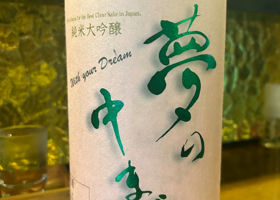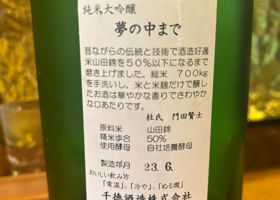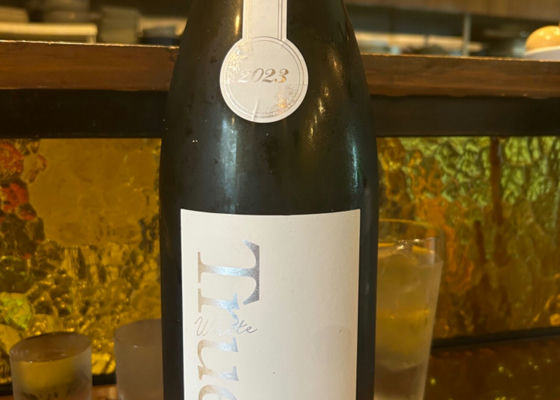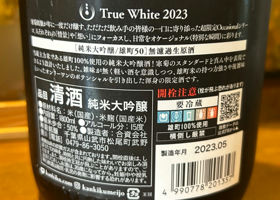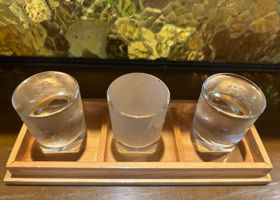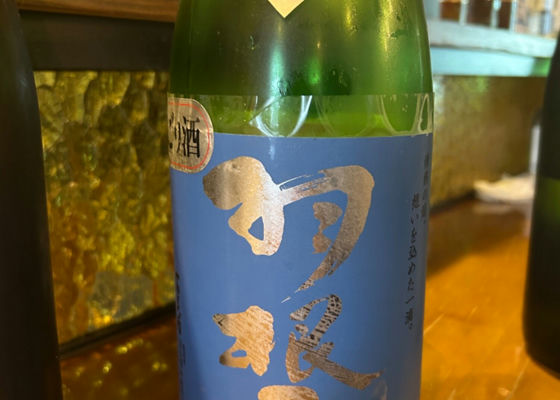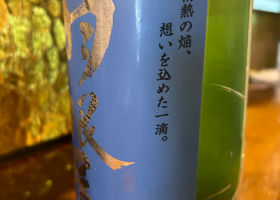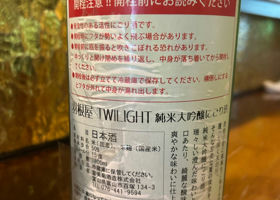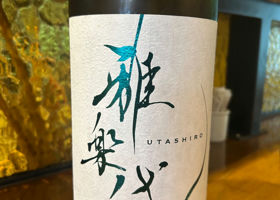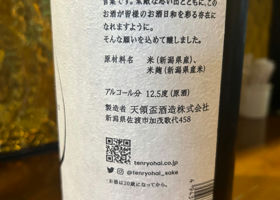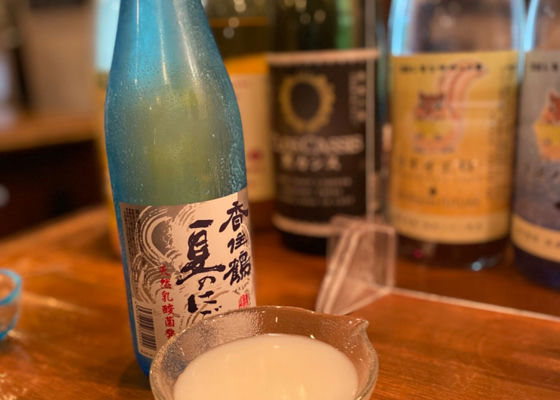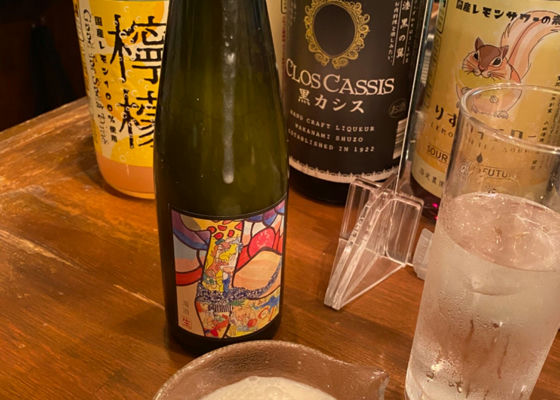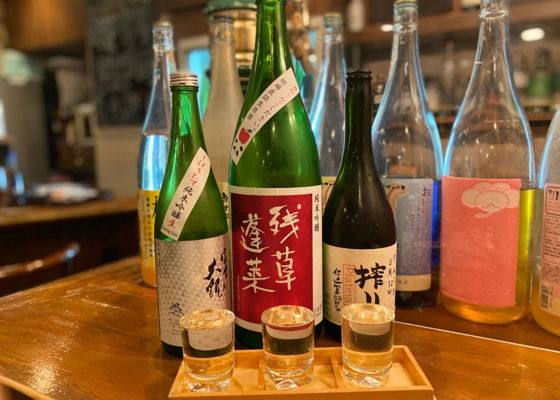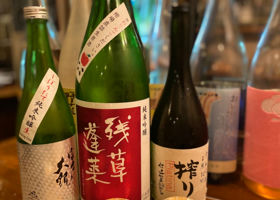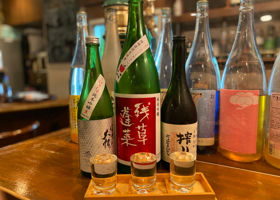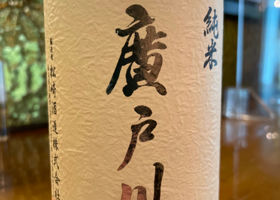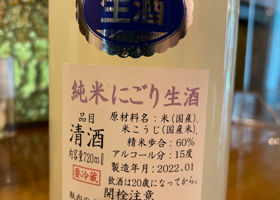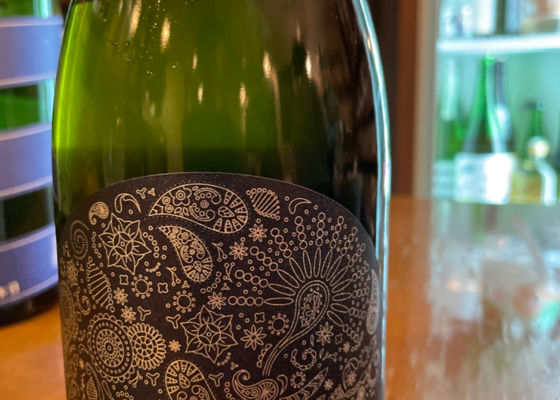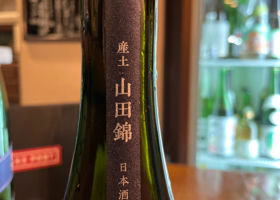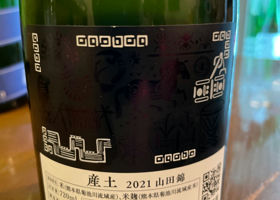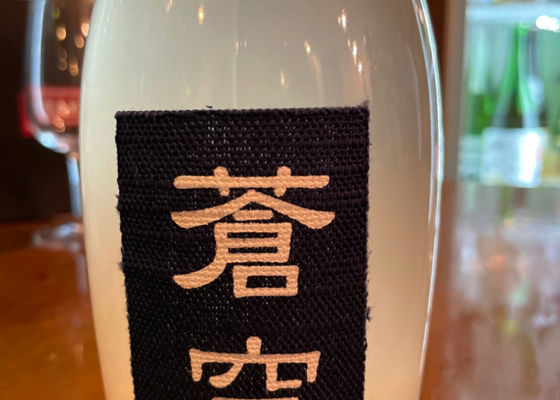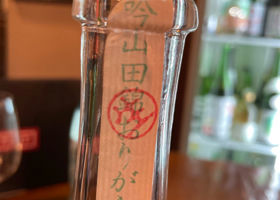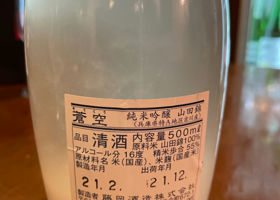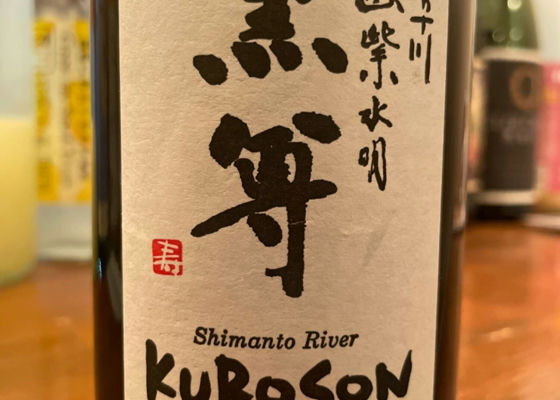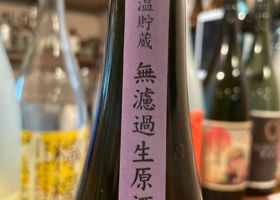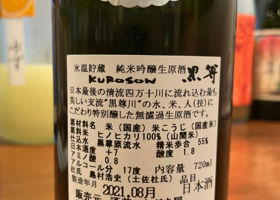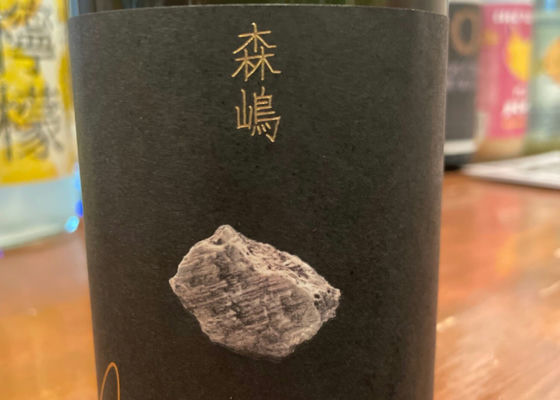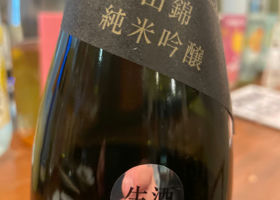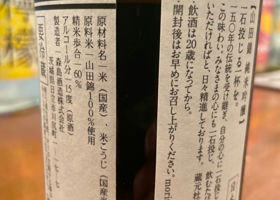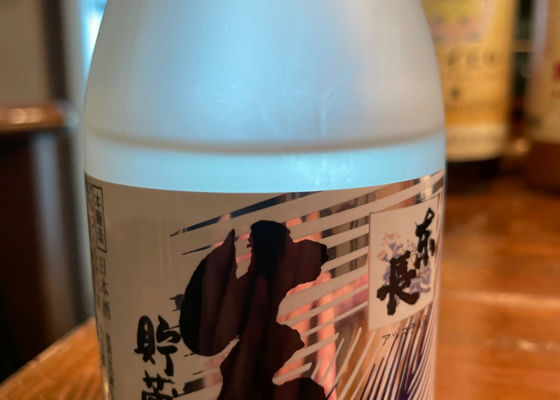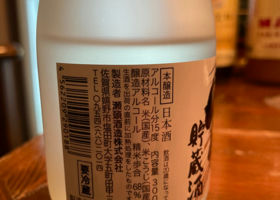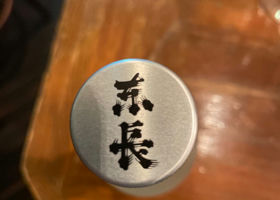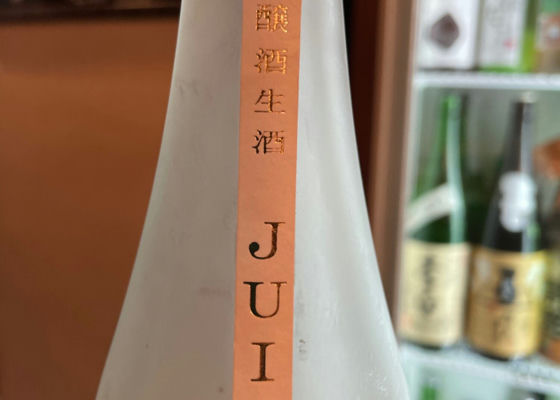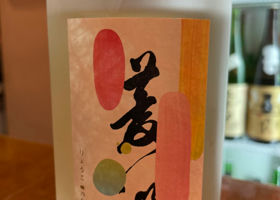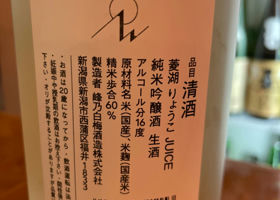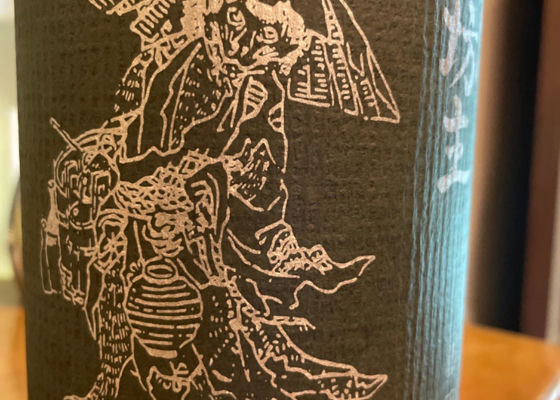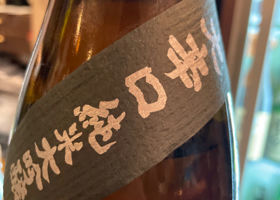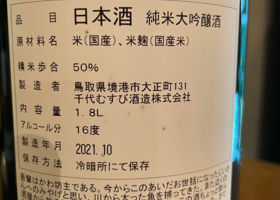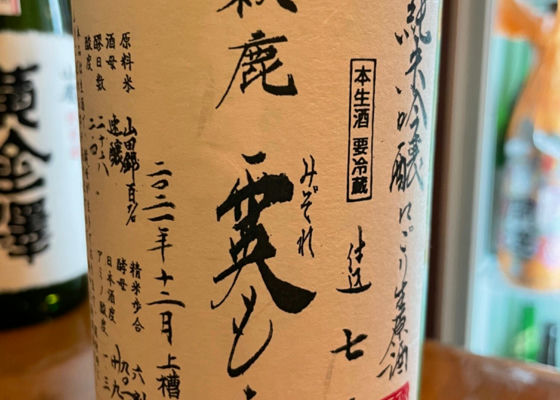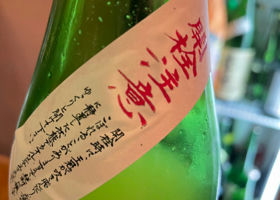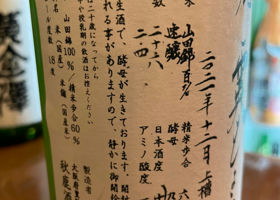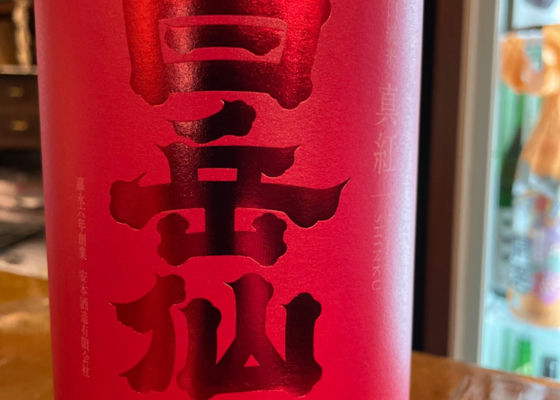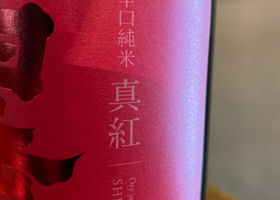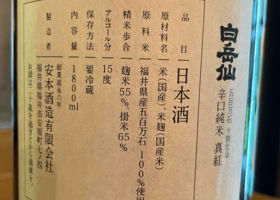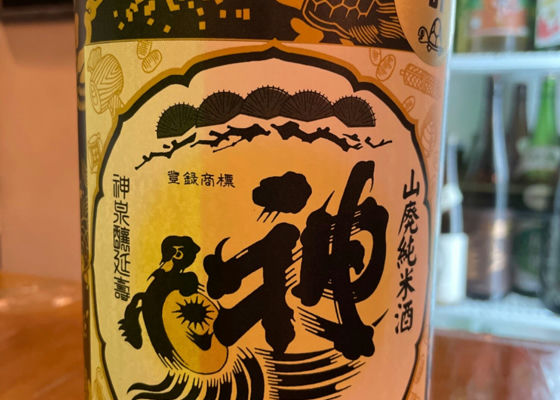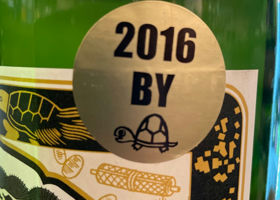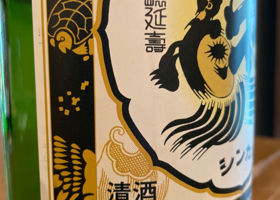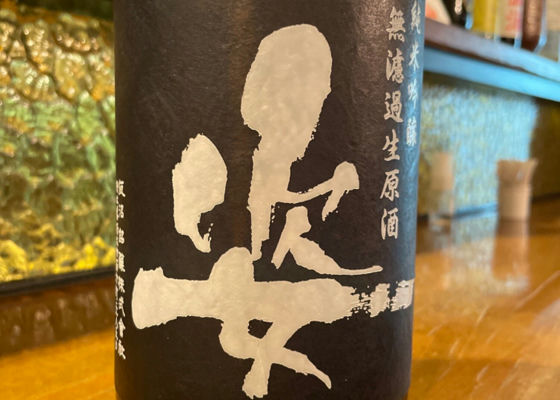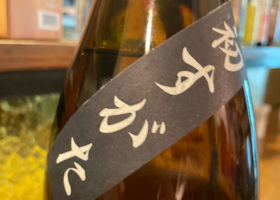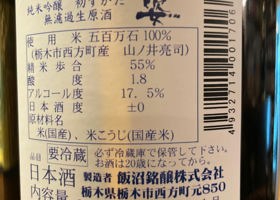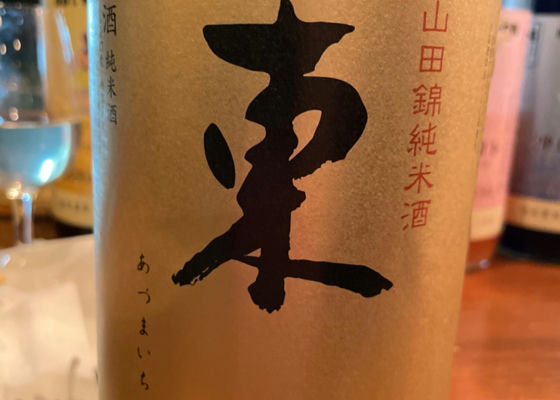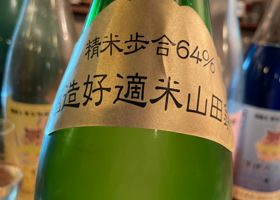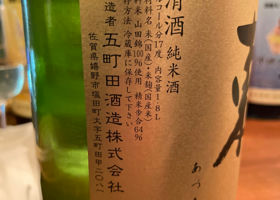Timeline
yh0921Sake like sake
You feel like you're drinking sake, but it's not overdone.
It is not overdone and easy to drink. yh0921This was delicious!
I got the white one, but I checked and they have a red one too?
I'm too shy to ask the waiter...
I wish I could have compared them! yh0921Not so acidic and drinkable in a leisurely manner.
I wonder if the bottle was opened too long.
If I drink it at home, I can enjoy it right after the bottle is opened and after some time has passed...
I always drink out to enjoy many kinds of wine, but I'm not sure if I should make a debut as a home drinker... ととろととろとろろNot exactly doburoku.
It's closer to doburoku!
I think it even has a little spiciness to it! ととろととろとろろI asked for it because I like doburoku😊.
I did the opening ceremony, so ahahaha. LOL.
But the waitress told me it would be full of bubbles, so I'm one smarter lol.
The drinks are good too😊 ととろととろとろろI've never had all of these drinks.
It's all delicious!!!! 😊✨
From right to left
the first one
is easy to drink, very tasty, and soooo easy to drink!
Zaruso Hourai
When you put it in your mouth, it feels like you are drinking carbonated water! But it leaves a depth in the mouth... I've never had anything like it before, but it's interesting and tasty!
Fuji Taikan
Maybe a little more peculiar than the two above, but just plain delicious!
ZunpapaRefreshing rice aroma
An overwhelming sense of freshness and a silky texture characteristic of nigori.
The sweetness and acidity are moderate, with a slight bitterness in the aftertaste and a short aftertaste. ZunpapaModerate scent
An overwhelming sense of piquancy.
It has a champagne-like effervescence, a beautiful acidity reminiscent of citrus fruits, a gentle sweetness that follows afterwards, and a short, light bitterness that finishes it off.
No.6 produced in the southern land ZunpapaApple-like aroma reminiscent of acidity.
Smooth texture, refreshing acidity, and soft sweetness and umami underneath.
It is not dense, but it has a certain impact, and yet the aftertaste is short. ZunpapaKure's limited edition sake
It has the rich, sweet flavor that only unfiltered, unpasteurized sake can deliver.
The sourness is very light and the alcohol feeling is thin.
What is noteworthy is its sharpness.
The impactful taste disappears in the next moment with such grace.
It is impressive that it has a thick core that does not lose to strongly seasoned dishes, and a short aftertaste that does not destroy the seasoning. ZunpapaIt's so piquant that you'd think it was sparkling.
A crisp, refreshing acidity, followed by a light sweetness and bitterness that accentuate the crisp, clean finish.
Overall, it is very fresh and leaves a vivid impression. ZunpapaClear, very soft, watery, light sweetness.
I don't know to what extent the alcoholic acidity affects the taste of the wine, but there is no sourness or alcoholic taste at all, and the aftertaste disappears quickly. ZunpapaLight Cemedine smell with a hint of alcohol.
On the palate, a sweet and sour taste with a little more acidity spreads quickly.
The aftertaste is short and soon followed by a light bitterness that cuts the overall impression short.
Almost no weight, light impression. ZunpapaFresh fruit aroma with a hint of fragrance.
Mild sweetness, a hint of acidity, and then a crisp finish.
The overall taste is very modern, but very transparent. ZunpapaThe stimulation stings the tongue as if it were active nigori.
The silky taste of muddled sake and the fresh and impactful acidity of freshly brewed sake spread in the mouth in a rough but well-balanced manner.
It is not sweet and has a good sharpness, so it is interesting to pair it with western style dishes. ZunpapaAroma reminiscent of a slight sourness
The moment you put it in your mouth, the sourness spreads quickly.
It's only for a moment, and then it immediately kicks in with a crisp alcohol taste.
There is no sweetness at all, and the overall impression is very clear. ZunpapaWarmed to a very high temperature.
There is no tanginess unique to aged sake, and the smell of alcohol and grain is subdued.
The palate has a strong, robust flavor with a nutty taste, no sweetness or acidity, and a crisp, alcoholic finish with almost no lingering aftertaste.
Overall, it gives the impression of a sake to be enjoyed during meals. ZunpapaNew sake
Rich sweetness, light sourness, and a light bitterness in the aftertaste.
The three tastes are well balanced, and the overall taste is strong on the tongue.
The sharpness is very good, and although it has a strong impact on the palate, the short aftertaste means that you will not feel bored or tired. ZunpapaAroma reminiscent of green apples.
Sweetness like lightly honeyed apples and firm acidity.
The sweetness and acidity are very sharp, and the aftertaste is modern, but the aftertaste and impression are short. RecommendedContentsSectionView.title
